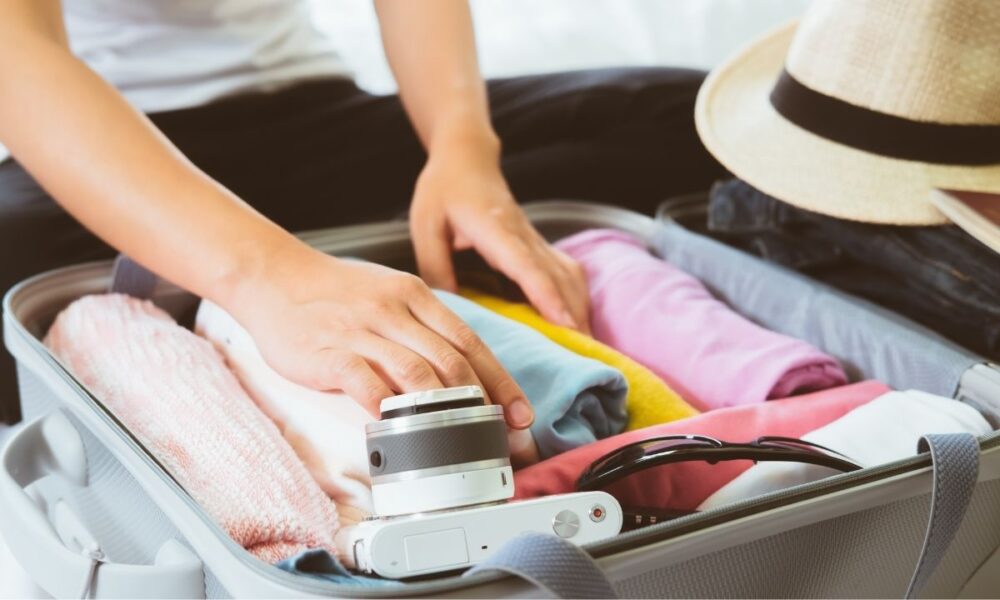If you feel like the roads and airports have been busier lately, you’re not imagining things.
72 million Americans will travel at least 50 miles from home between June 28 and July 6, a 2.4% jump from last year, and a whopping 7 million more travelers than in 2019.
Almost 62 million travelers, or 85% of all holiday voyagers, will hit the road by car. That’s the highest number ever recorded for the July 4th travel period.
AAA’s Texas office suggests that road trippers should plan ahead: pack an emergency kit, check those tires, and don’t forget to fill up before heading out.
Last year, AAA came to the rescue nearly 700,000 times during the holiday week for everything from dead batteries to flat tires and, yes, drivers locking themselves out of their cars.
Gas prices are friendlier than many expected, too.
Despite some recent jitters in the oil market driven by conflict in the Middle East and the looming hurricane season, summer gas prices remain the lowest since 2021, under the Trump administration.
For Texans staying close to home, popular routes include the classic Houston-to-Galveston stretch down I-45, which is expected to see heavy traffic in both directions on weekends.
From July 3 to July 6, the Texas Department of Public Safety will intensify patrols statewide as part of Operation CARE (Crash Awareness Reduction Effort). The initiative aims to keep roads safer by targeting risky driving behaviors such as speeding, driving under the influence, and failing to follow the state’s Move Over, Slow Down law.
As previously reported by The Dallas Express, officers issued around 5,000 speeding tickets, more than 1,500 citations to uninsured drivers, and hundreds of tickets to people not wearing seatbelts during their July 4th crackdown in 2024. In addition, DPS arrested 212 people for DWI and another 250 on various felony charges last year.
If your plan involves a TSA line, you’ll have plenty of company.
More than 5.8 million people are expected to fly over the holiday period, a slight increase over last year’s record. The average domestic round-trip ticket price sits around $810, up 4% from last summer.
Travel experts suggest booking midweek flights, such as Tuesdays and Wednesdays, for better deals and fewer headaches, according to AAA.
Beyond cars and planes, nearly 4.8 million Americans will travel by bus, train, or cruise. That number is just shy of the pre-pandemic record set in 2019.
Where are Americans going?
When it comes to destinations, it’s a mix of classic summer hotspots and bucket-list cities.
Domestically, Orlando, Seattle, and New York top the charts. Alaska cruises are also peaking, and Hawaii’s beaches are calling, according to the report.
Internationally, Canadians will see many American tourists in Vancouver, while Rome, Paris, and London remain the European favorites.
Timing Is Everything
If you’re driving, when you leave matters as much as where you’re going.
According to traffic data firm INRIX, the worst times to be on the road are generally afternoon and early evening hours, especially on July 2 and July 6.
The best strategy? Hit the road early, before noon, and try to avoid the midday bottlenecks.
As DX has previously reported, late-night driving on weekends can be especially deadly in the Lone Star State, regardless of whether it’s a holiday weekend or not.
Data based on NHTSA crash records from 2019 to 2023 revealed that the hours between 9 and 10 p.m. are the deadliest on Texas roads. On average, 254 fatal crashes occur during this hour each year, accounting for more than 6% of the state’s total, the highest number among the ten most populous states in America.


